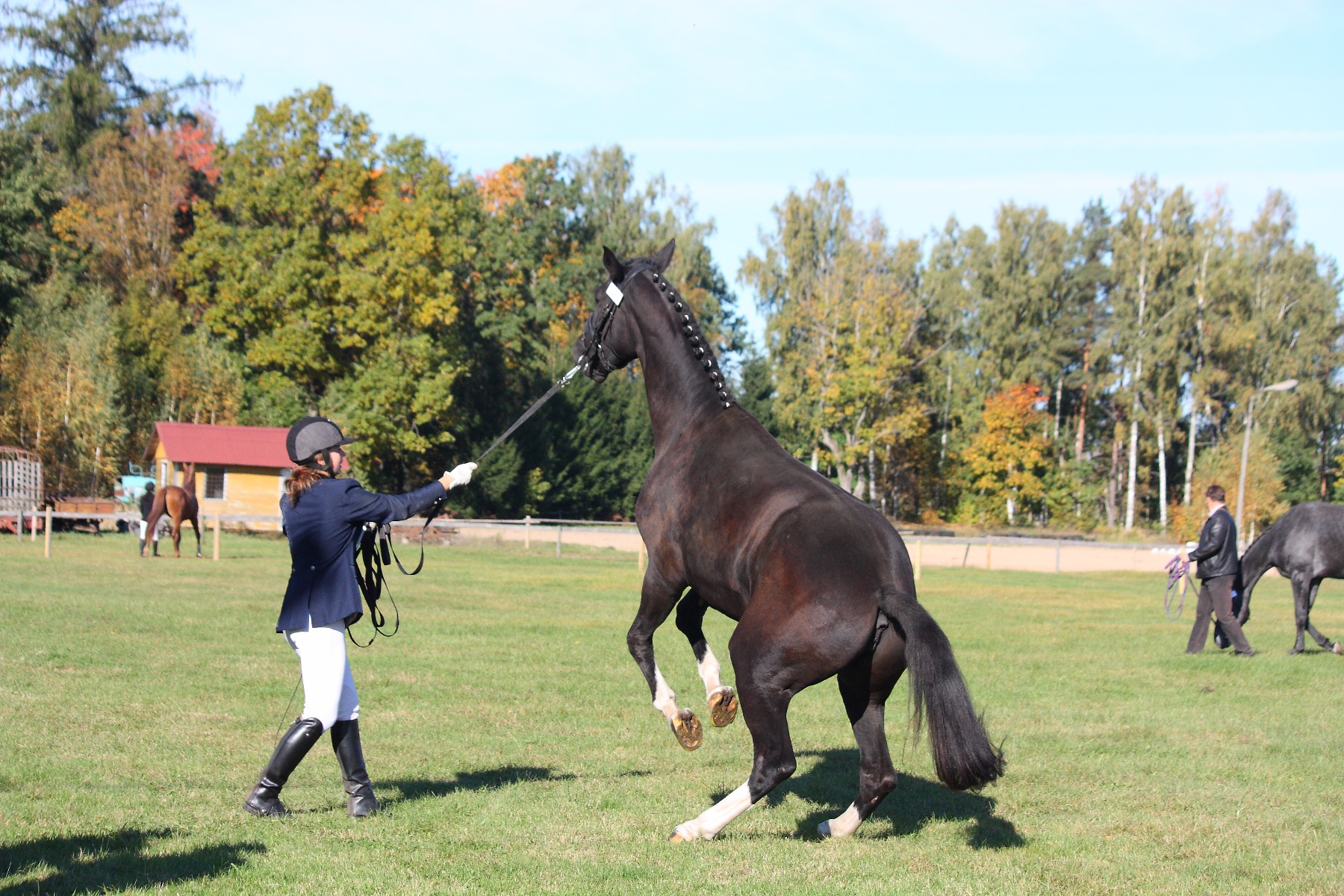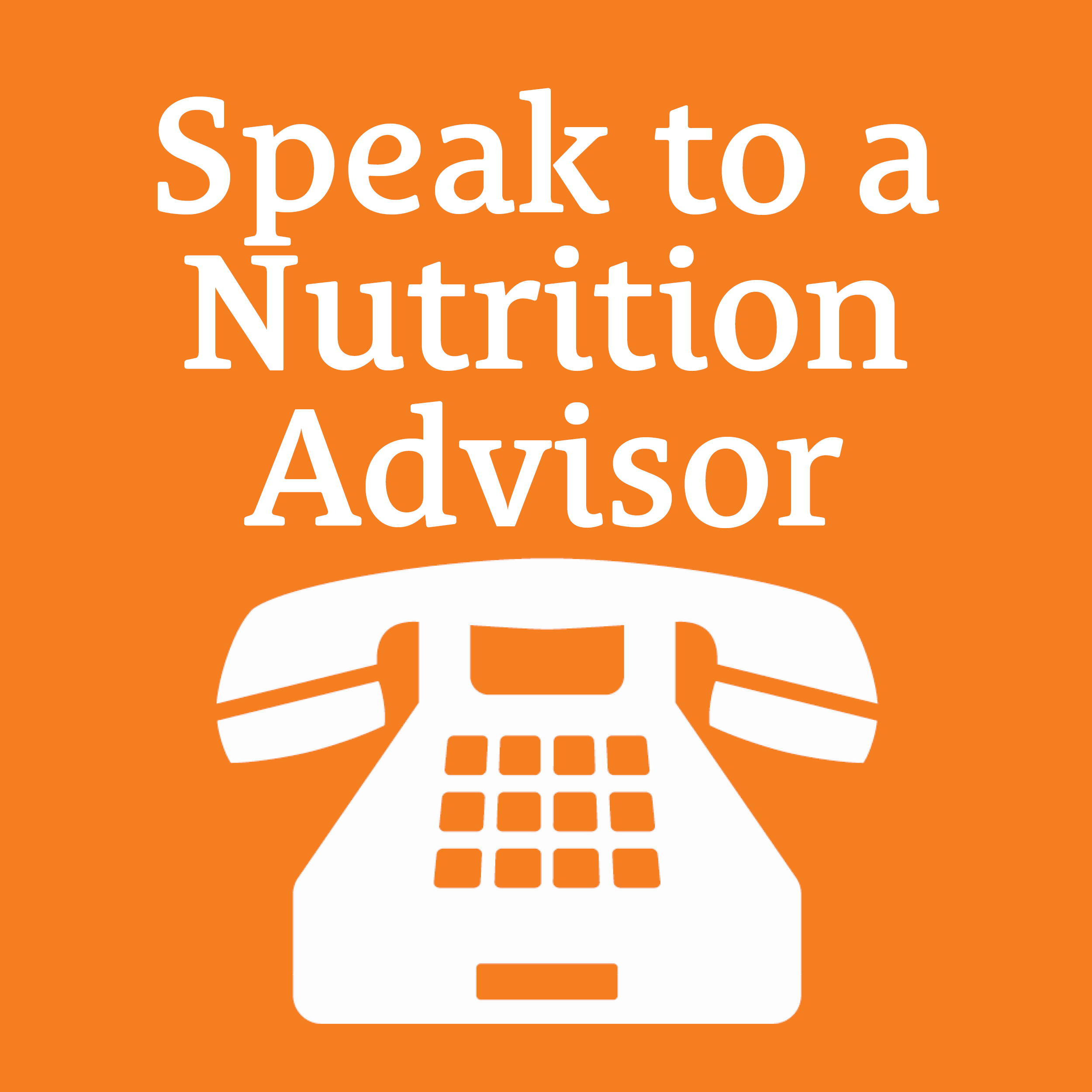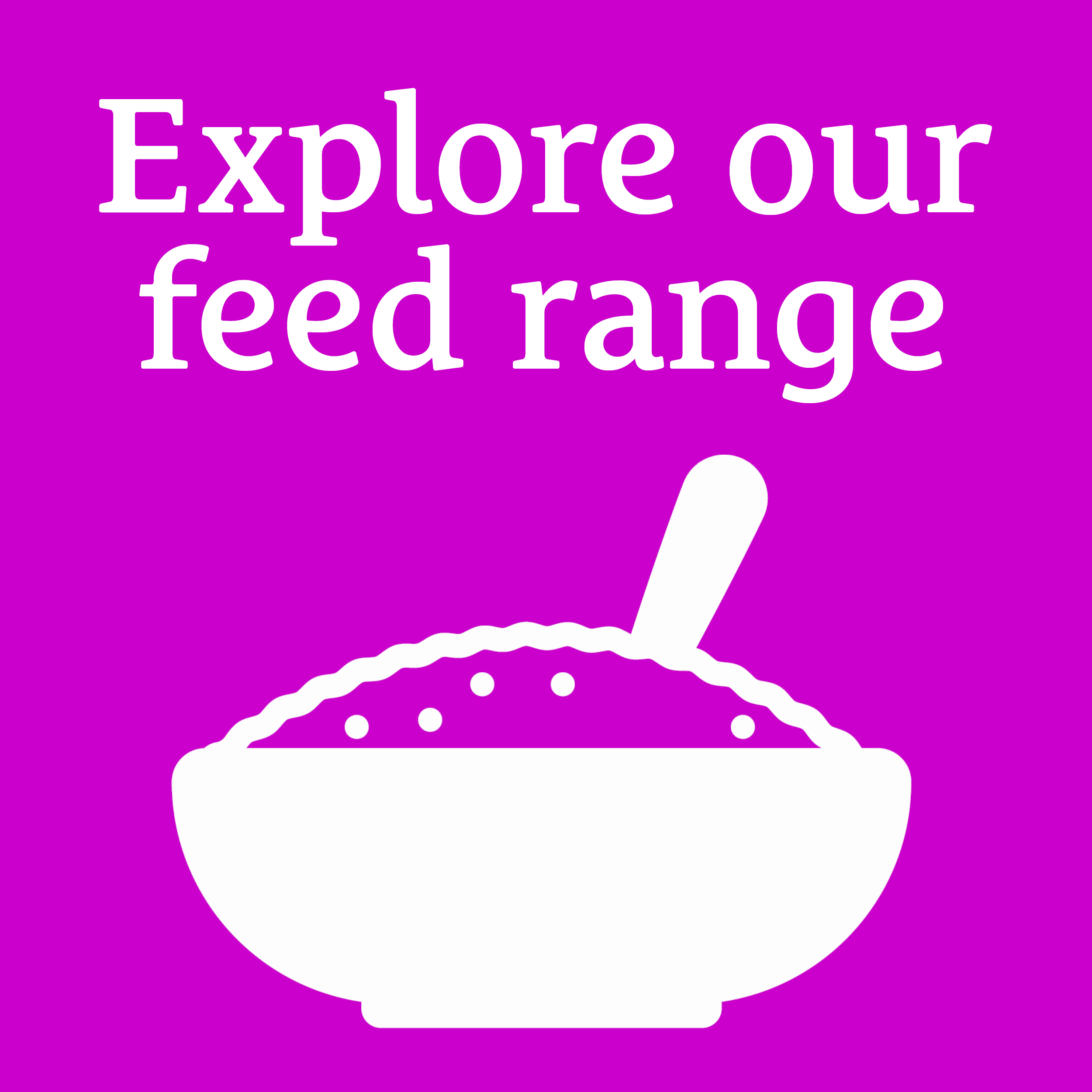
How diet plays a role
Diet is just one of numerous factors that can affect a horse’s behaviour, however in some individuals it can be the main cause of triggering spooky and/or excitable behaviour. Diet can negatively affect behaviour in one of two ways, firstly, by simply suppling excess energy and secondly, by providing high levels of starch from cereals (and sometimes sugar) which in fact is the most common cause of diet related excitability. Remember though, not all excitable or undesirable behaviour is affected by diet, it may just be an individual’s temperament so make sure you seek professional advice or help with training.
Energy = Calories
Energy and calories are two different terms used to describe the same thing which means it is impossible to find a feed that is high in calories but low in energy. Calories are simply a measurement of energy, in human nutrition energy is measured in kilocalories, hence the commonly used term 'calories'. In equine nutrition, energy is described in 'megajoules of digestible energy' which is often abbreviated to 'MJ DE/ kg' on feed bags and in literature. Body condition is the best indicator of whether a horse's energy requirements are being met; for example, an overweight horse is getting too much energy in their diet and an underweight horse isn’t getting enough! For many owners, the thought of increasing the energy intake of an already excitable horse is a daunting one. However, choosing the source of energy wisely makes it possible to feed for weight gain without compromising the horse's temperament.
Choosing the most appropriate energy sources
The main sources of energy in a horse's diet are fibre, oil, sugar and cereal starch. Protein is not a primary energy source for horses and contrary to popular belief, will not cause or exacerbate excitability.
High levels of starch and sugar, sometimes referred to as 'quick release' or ‘instant’ energy sources due to the relative speed at which are they are digested and absorbed into the blood stream, can increase excitability in some horses and ponies, although the exact reason for this is still not fully understood.
Fibre is an important energy source and one reason why forage should make up the majority of all horses’ diets. However, not all fibre is equal as there are highly digestible fibre sources that can yield as much energy as cereals whilst providing significantly less starch, these include sugar beet, alfalfa and soya hulls. Another useful energy source is oil, with approximately 2.5 times the energy of cereals whilst being starch free. For this reason, it’s a sympathetic alternative to mixes and other cereal based feeds.
The truth about sugar
Although high levels of sugar can affect behaviour, compound and fibre feeds contribute very little sugar to the diet, even if they contain molasses. Grass on the other hand may contain up to 35% water soluble carbohydrate (mainly simple sugars + fructan, the storage form of sugar in grass) and the same amount of energy as a racing feed on a kilo for kilo basis. This considered, turning out on lush pasture may certainly be responsible (at least in part) for putting a spring in your horse’s step!
Feeding Tips
- Base as much of the diet as you can on forage - at least 1.5% of current bodyweight on a dry matter basis, equivalent to approx. 9kg hay (11kg if you intend to soak it before feeding) or 11-12kg of haylage for a 500kg horse without grazing.
- Balancers contain negligible levels of energy (calories), starch and sugar when fed at the recommended amount, making them the ideal option for horses and ponies that maintain weight easily on forage alone.
- Feeds do not need to be sugar or molasses free - instead check the starch content as this is far more likely to affect your horse's behaviour.
- Avoid all mixes including those labelled as 'non-heating' - due to the cereal content mixes are almost always higher in starch than the equivalent cube.
- As a practical guide, start by choosing feeds containing less than 15% starch or for very sensitive horses, less than 10% starch. However, remember the amount of starch and sugar consumed from any feed will depend on how much of it is eaten!
- Choose fibre-based feeds - if higher levels of energy (calories) are required look for feeds that are also in high oil.
- Pure oil can be added at a rate of up to 100mls per 100kg of bodyweight per day if additional energy (calories) is required. However simply adding oil on top of the current feed can unbalance the diet so you may prefer to choose a feed that already contains a higher level of oil and is suitably balanced with vitamin E. It may also take up to 12 weeks for horses to adapt to utilising a high oil diet so allow suitable time before assessing improvements in condition and/ or performance.
- Speak to a nutritionist for advice before adding oil ‘from a bottle’ to your current feed to ensure your horse’s base diet provides a sufficient amount of vitamin E. Add any oil gradually (around 100ml per week for horses).
- Feed according to the horse/ pony's current body condition.
- Do not increase feed in anticipation of increased work.
- Calming supplements may be helpful in some horses. If you are competing under FEI rules only ever use supplements (and feeds) that are BETA® NOPS approved.



